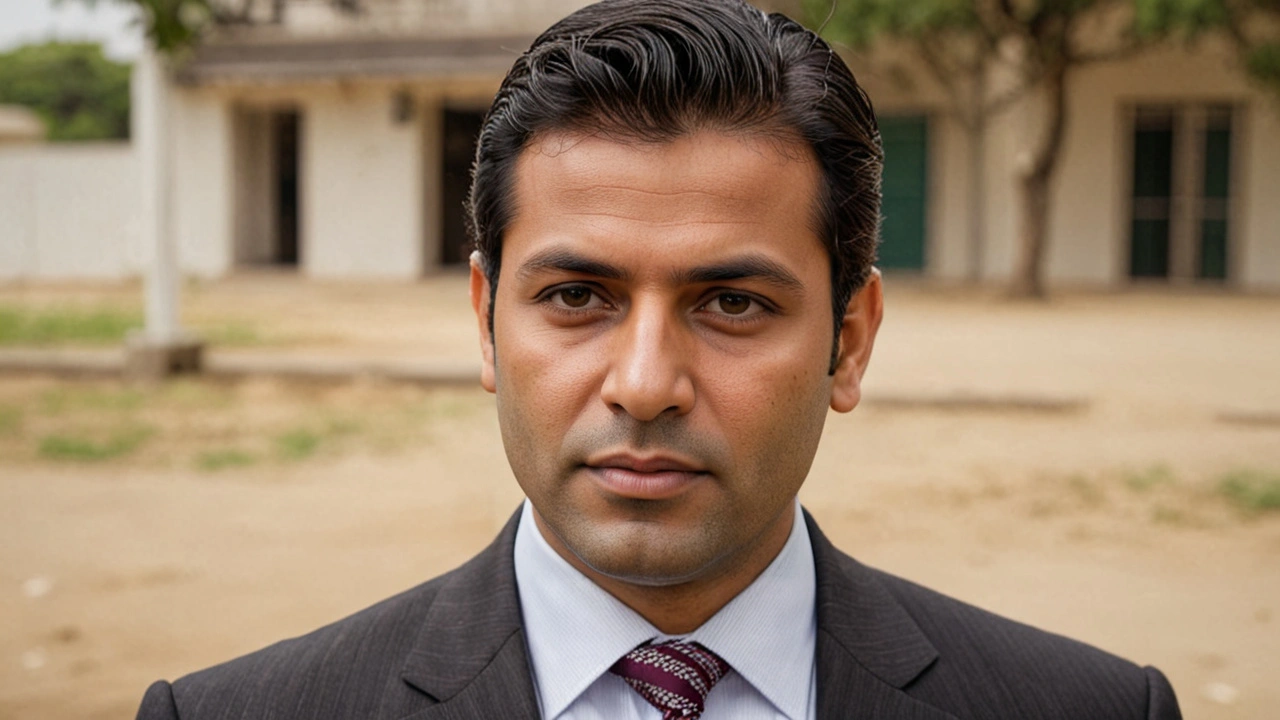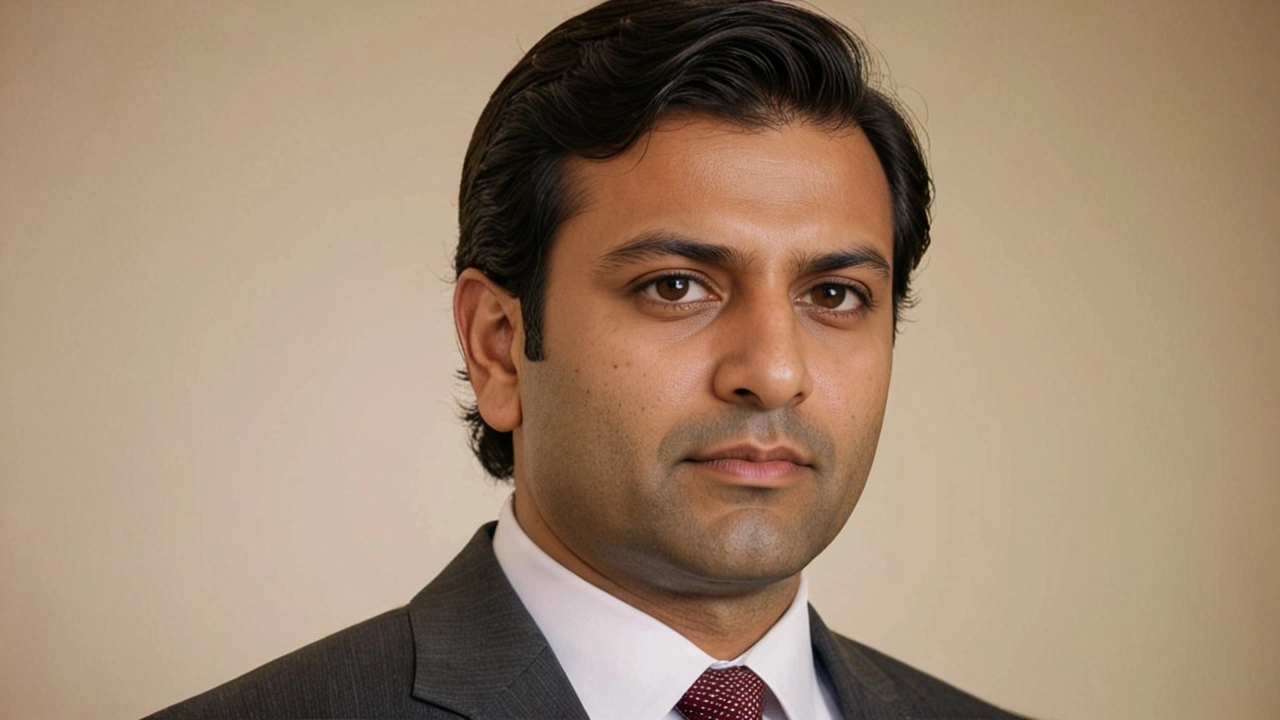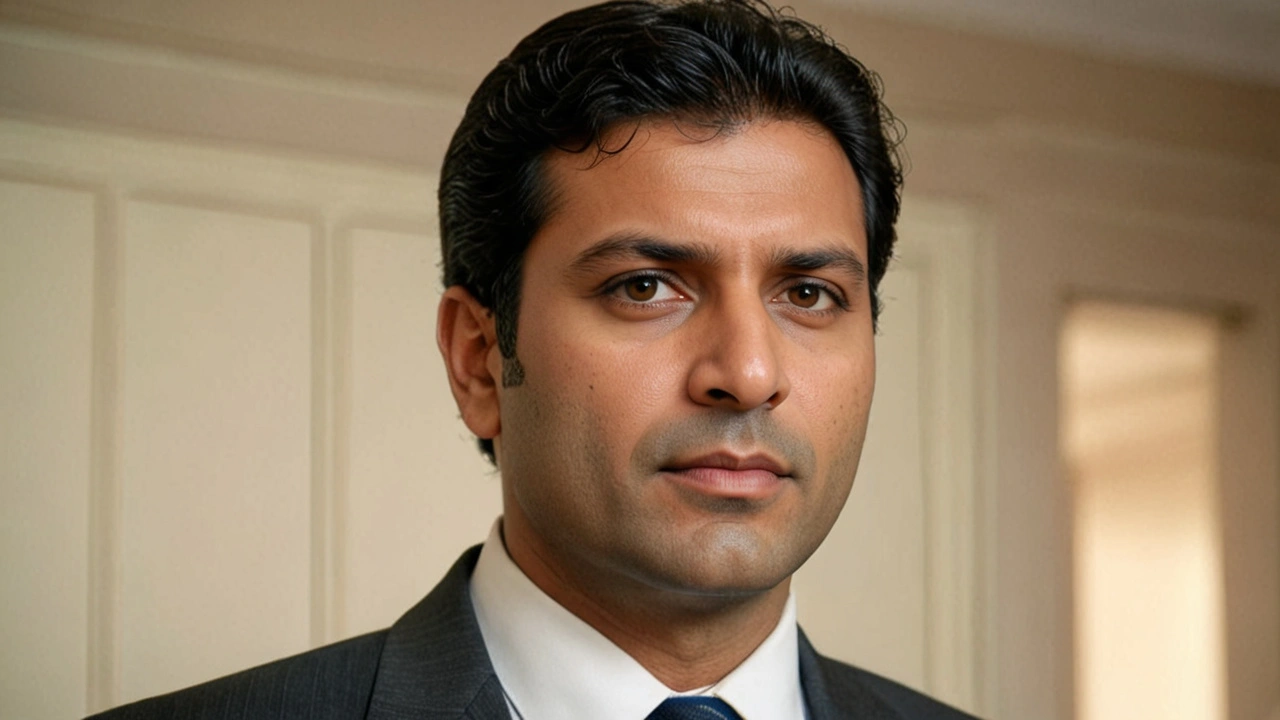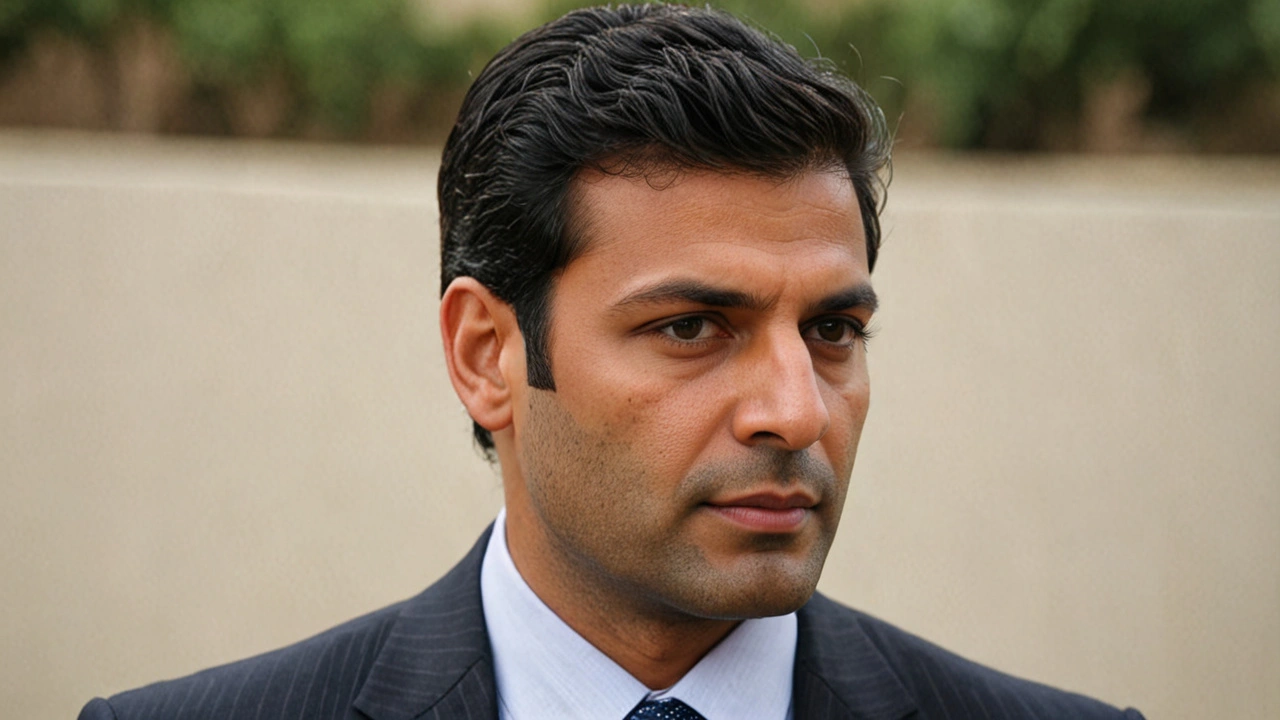Background of the Incident
The High Court in Kajiado, Kenya, has delivered a landmark ruling, mandating the government to compensate the family of Pakistani journalist Arshad Sharif with Sh10 million. This court decision comes against the backdrop of a harrowing incident in October 2022, where Sharif lost his life due to police violence. Sharif had fled Pakistan in July 2022 to evade arrest triggered by his outspoken criticism of the military, seeking a temporary haven in Kenya.
On that fateful night, police actions led to a tragic mishap. Sharif was traveling in a Toyota Landcruiser, a vehicle tailed by Kenyan police on the lookout for another car. Mistaken identity had disastrous consequences, ending with Sharif being fatally shot. The ramifications of such a case have highlighted serious flaws in law enforcement operations in Kenya.
The Court's Verdict
Justice Stella Mutuku, delivering her verdict, criticized the use of lethal force, labeling it both unlawful and unconstitutional. The decision underscored the necessity for reform in police operations, holding the Attorney General, Director of Public Prosecutions (DPP), and other agencies accountable for their apparent laxity in dealing with the aftermath of the incident. The failure to conclude the probe promptly and bring the responsible officers to justice was particularly chastised.
The court's directive emphasized an expeditious and comprehensive conclusion to the investigation. A disciplinary and legal recourse was also ordered against the officers involved if found culpable. This ruling is seen as a rare and vital step towards ensuring accountability within the Kenyan police force, which has often been mired in allegations of excessive use of force and extrajudicial killings.

Challenges and Implications
The High Court's ruling also took cognizance of the logistical and financial hurdles the state may face in implementing the compensation. As a result, a 30-day suspension on the payment was placed, acknowledging the state's limited ability to make an immediate disbursement.
This verdict stands as a significant judicial precedent in the fight for justice for victims of police violence and misuse of lethal force in Kenya. It sends a stern message to the government and law enforcement agencies about the importance of respecting human rights and adhering to legal procedures.
Investigative Lapses
The role of the investigative agencies has come under sharp scrutiny following the delays and perceived inaction post the incident. The family of Arshad Sharif had requested access to all documents and evidence pertinent to the case, seeking transparency and accountability. The court's criticism of the Attorney General and DPP's offices reflects a deeper concern over systemic inefficiencies and the need for better oversight and prompt action in such cases.

Reactions from the Family and Public
The tragic loss of Arshad Sharif has resonated deeply within both Pakistani and Kenyan communities. For the family, the court's decision marks a bittersweet victory. While the compensation cannot bring Sharif back, it represents a recognition of the unjust circumstances leading to his untimely demise. Public sentiment has largely been supportive of the court's ruling, with human rights organizations hailing it as a significant step towards ensuring justice for victims of police misconduct.
The broader public discourse has also seen a resurgence in calls for comprehensive police reforms. Activists argue that measures must be taken to prevent such incidents in the future, demanding greater transparency, accountability, and training for law enforcement officers.
A Look Ahead
The case of Arshad Sharif is a stark reminder of the perils faced by journalists worldwide, often targeted for their commitment to truth and accountability. The Kenyan court's ruling may inspire similar actions in other jurisdictions, encouraging a global dialogue on the protection of journalists and the enforcement of justice in cases of state-authorized violence.
As the Kenyan government navigates the complexities of meeting the court's directives, the case continues to serve as a beacon for advocates of human rights and legal justice. Ensuring that Arshad Sharif's legacy lives on requires sustained efforts in upholding the principles of justice and accountability set forth by this landmark ruling.

Conclusion
In bringing you this story, we aim to shed light on the pressing need for reforms within law enforcement agencies and the overarching imperative for a judicial system that swiftly and fairly addresses incidences of police misconduct. The compensatory order for Arshad Sharif's family is a critical step in a longer journey toward justice and accountability.
The hope is that this ruling will catalyze broader systemic changes, ensuring that the tragedy that befell Arshad Sharif does not repeat itself. For now, the world waits to see how effectively the Kenyan government will implement the court’s orders and what measures will be put in place to prevent such a grievous error from occurring again.


Author
Ra'eesa Moosa
I am a journalist with a keen interest in covering the intricate details of daily events across Africa. My work focuses on delivering accurate and insightful news reports. Each day, I strive to bring light to the stories that shape our continent's narrative. My passion for digging deeper into issues helps in crafting stories that not only inform but also provoke thought.